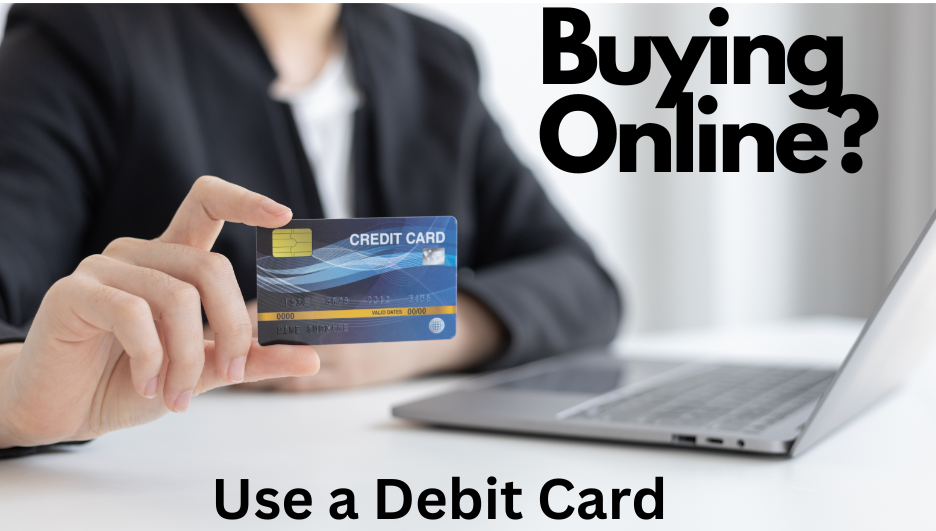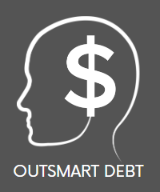How to Become Debt-Free and Stop Supporting Corporate Greed
The average American household has over $15,000 in credit card debt. This debt is often the result of predatory practices by banks and corporations trying to get us to spend more than we can afford. Becoming debt-free requires a financial plan, discipline and a shift in mindset, but it is possible with some strategic steps.
How We Got Into Debt in the First Place
- Banks tempt us with offers that seem too good to pass up. Introductory 0% APR offers, sign-up bonuses, and rewards points make credit cards seem appealing. But the banks bet on us carrying balances and paying exorbitant interest rates after the intro period ends.
- Credit card companies are notorious for offering seemingly irresistible deals to entice new customers. Some common offers include:
- Earning enough flight miles for two free tickets
- Receiving $100 off your purchase when you sign up for a card
- Getting 30% off your order when you apply for a card
- Most of these offers come with strings attached:
- To get those flight miles, you may need to spend a substantial amount, like $3,000, in the first two months.
- The 30% discount often applies only to the initial purchase and may be limited to a set dollar amount. Future orders may only receive a 5% discount.
- Balance transfer offers may come with upfront fees, and all subsequent purchases are charged full interest.
- Payments are applied to the interest-free balance first, not the balance accruing interest at annual percentage rates in excess of 23%.
- We fall for psychological sales tactics. Retailers use tactics like limited-time sales, buy-one-get-one deals, and framing prices in certain ways to trigger emotions such as the fear of missing out (FOMO), resulting in impulsive purchases. This leads to overspending on credit.
- It’s become the social norm. With nearly 80% of Americans in debt, it can seem totally normal to have credit card balances, car loans, and mortgages. But just because something is common does not mean it is good for our financial plan.
- Credit is marketed as an entitlement. Ads telling us we “deserve” luxuries and deserve credit make it seem like going into debt for non-essentials is perfectly acceptable. It’s not, and what we REALLY deserve is to not be burdened with suffocating debt.

Shift Your Mindset
- Stop thinking of debt as normal. Debt has serious consequences. The average household pays more than $1,300 a year in credit card interest. Debt holds you back from achieving more important things, such as buying a home. We need to normalize living debt-free.
- Don’t fall for entitlement myths. You do not “deserve” luxuries you cannot afford. And you certainly don’t deserve high-interest debt that eats away at your paycheck. Focus on needs vs wants.
- Tune out marketing. Be aware that banks and companies want you in debt because that’s how they profit. Don’t fall for tempting offers or let ads manipulate you into buying things impulsively.
- Focus on goals. Picture what you could do with an extra $1,300 if you didn’t have to pay credit card interest every year. Visualize how it would feel to buy a home without debt holding you back. Use goals as motivation to avoid debt.
- No Monthly Payment. Picture yourself with zero loan payments, no payment due dates and a personal finance plan that promotes a healthy, stress-free life that every financial advisor would envy.
- No Pain, No Gain. The restructuring of your spending habits doesn’t have to be “painful”. However, if it does get to feeling that way, remind yourself that you are winning and this is simply part of the process.
Take Strategic Steps to Become Debt-Free
- Make a budget. List out all of your monthly expenses and sources of income. Identify areas where you can cut back on discretionary spending and put those savings towards debt repayment.
- Pay down the highest-interest debt first. Pay as much as you can towards the credit card or loan with the highest interest rate while making minimum payments on the others. Once the first debt is paid off, roll that payment amount into the next highest-interest debt.
- Consolidate debt. Balance transfer credit card debt onto a 0% APR for 12-18 month card. Then make aggressive payments to pay it off before the 0% period ends. You can also consolidate through a personal loan with lower interest.
- Use windfalls wisely. Put any extra money from tax refunds, gifts, bonuses, or side hustles directly towards debt repayment. Avoid taking on new debt during this time.
- Cut up credit cards. Once debts are paid off, cut up credit cards or freeze them in a block of ice to resist temptation and backsliding into debt. Limit yourself to three credit cards just for the purpose of building and maintaining a strong credit score. Use them sparingly and pay them off before interest accrues.
- Build emergency savings. Having cash savings for unexpected expenses helps avoid relying on credit cards or high-interest loans in a financial pinch. Aim for 3-6 months’ worth of living expenses.
- Say no to banks. Refuse to sign up for new credit cards or consumer loans unless absolutely necessary. Avoid borrowing money for depreciating assets like cars. Become vigilant about avoiding new debt.
Enjoy the Benefits of Being Debt-Free
- Achieve faster progress towards big goals like buying a home, starting a business, or retiring early
- Reduce stress and improve mental health by no longer carrying the burden of debt
- Build wealth faster by investing money that otherwise would have gone to interest payments
- Gain freedom to make career or lifestyle changes without debt obligations weighing you down
- End the cycle of debt and start living within your means
- Gain power over banks by not relying on their credit products
The Bottom Line
Corporate greed has normalized Americans carrying high-interest consumer debt that holds us back from achieving our dreams. But with diligence and a debt-free mindset, we can eliminate debt from our lives. It starts with realizing we don’t “deserve” debt, making a plan to pay off current balances, and vowing to avoid new debt at all costs. The reward is freedom – financial, emotional, and otherwise. It’s time to break up with debt and stop supporting the systems keeping us chained to it.





